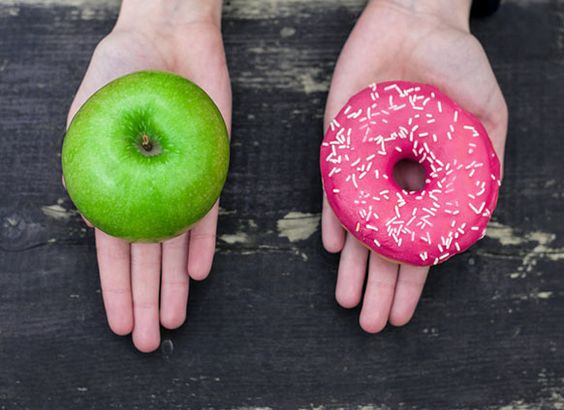
Essential Tips for Breaking Bad Habits
Essential tips for breaking bad habits
There isn’t a person on earth who doesn’t have at least some bad habits. Whether it’s leaving damp towels on the bed, nibbling on your fingernails or having that “extra” glass of wine, we all indulge in behaviours that are less than ideal. While we would never recommend continuing with anything unhealthy, if you’re happy enough in yourself and your bad habits aren’t negatively affecting your life, then perhaps there’s no immediate need to change. But if leaving yesterday’s pants on the floor is driving the people you live with mad, or more importantly if your bad habits are making you feel guilty and frustrated, then a transformation may be in order.
Here are some tips for breaking those stubborn and persistent bad habits.
Become hyper aware of your habits
The thing about habitual behaviour is that it’s often automatic, and our justifications are so embedded within us that we barely even think about them anymore. The internal mantra of “never mind, I’ll stop tomorrow!” as we pour a glass of wine, dive into a tub of ice cream or sneak a cigarette, is powerful and barely acknowledged. Before we know it three weeks have passed and we’re no closer to stopping our bad habits than when we decided enough was enough.
In order to start breaking these habits, it can often be beneficial to keep a record and mark down every time you do something that worries you. By logging your bad habits it can not only increase your awareness of them, but soon you’ll be able to recognise any triggers. Perhaps you only bite your nails when you feel socially anxious, or you leave your stuff everywhere because you always get up too late in the morning. By monitoring and understanding the catalyst of these bad habits, you can start to address the root cause.
Replace the habit with a new routine
If your bad habit is something routine like throwing your towel on the bed, or leaving dirty plates to fester for days on end, make a small change that renders this action impossible. For example, take the clothes you intend to wear into the bathroom, dry off, hang the towel and dress without going anywhere near the bed. Or, wash up as you cook and not allow yourself to do anything after you’ve finished a meal until your plate and cutlery is sparkling clean (saving finicky housemates and long-suffering partners much distress).
If you’re nervous when you bite your fingernails, you should consciously notice this behaviour and tell yourself not to (cementing the idea by putting your hands in your pockets, perhaps), but you should also try to address your anxiety. Taking up meditation or getting a healthy, active hobby could work wonders for this.
Many bad habits – like overeating, smoking or binge drinking – usually find their motivation in either stress or boredom, so simply giving them up often won’t work. For example, if you’re trying to give up smoking or even cut down on vaping, engage in a breathing exercise when a craving hits. This way the experience won’t be entirely defined by an absence, and the “stress relieving” (which is in fact simply a nicotine hit after feeling the anxiety of slight withdrawal) quality of the cigarette will be gained from the breathing exercise.
Whether it’s pouring grape juice into a wine glass, heading out for a short walk rather than having dessert, or meditating instead of vegetating in front of trash TV, if your bad habit is making you feel annoyed with yourself, there’s always a healthy and satisfying alternative.
By: Holly Ashby
This post was written by Holly Ashby, a writer who’s interested in health, happiness and corporate wellbeing. She currently works for the meditation centre Will Williams Meditation, who can help with various bad habits such as quitting smoking with meditation.

















































